6 Benefits Of Liquid Collagen, Types, And Side Effects
Boost the look and feel of your skin with this popular drinkable supplement.
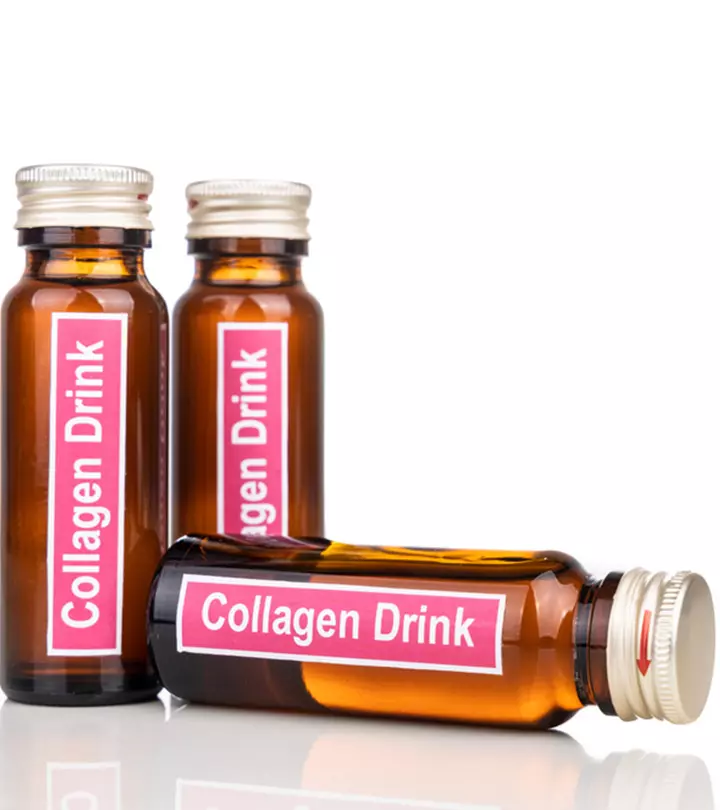
Image: Shutterstock
Does the fear of wrinkles, thinning hair, or weak bones keep you up at night? While these are the inevitable signs of aging, collagen can help slow them down. Liquid collagen benefits you in multiple ways. This new-age supplement is all the rage now. Including it in your daily routine is thought to improve your skin and hair health and strengthen your bones and muscles. But does liquid collagen really work and live up to its hype?
In this article, we discuss liquid collagen, its benefits, and the risk factors you need to be aware of. Keep reading to make an informed choice.
 Know Your Ingredient: Liquid Collagen
Know Your Ingredient: Liquid CollagenWhat Is It?
Purified water made from the connective tissues of animals
What Are Its Benefits?
Liquid collagen hydrates the skin, reduces signs of aging, improves skin elasticity, and maintains joint and bone health
Who Can Consume It?
Anyone can start consuming liquid collagen from the age of 20.
How Often?
2.5 to 15 grams of liquid collagen is safe for daily consumption.
Caution
People allergic to marine products should avoid marine collagen.
In This Article
What Is Liquid Collagen?

Collagen is a protein that provides structure to tissues and helps in the development of organs. It also has anti-aging properties and helps in tissue and wound healing. Collagen also helps repair cornea, gums, scalp, bones, and blood vessels (1). It accounts for around 30% of the body’s total protein mass (2).
The skin contains collagen types I, II, and III. These enhance skin strength and elasticity. The body begins to lose collagen between 18 to 29 years of age. It can lose around 1% of collagen every year from 40 years of age. At around 80 years, collagen production can decrease 75% when compared to that of young adults (1).
Some people take collagen supplements like peptides, protein powder, pills, and collagen water. Collagen water contains collagen peptides that are broken down into smaller elements for easy absorption. The water is made from the connective tissues of animals, and most of it is purified water. You get collagen water in the form of pre-made drinks or smoothies. Read to find out the different types of liquid collagen and their sources.
 Fun Fact
Fun Fact
The main sources of liquid collagen are bovine and porcine byproducts. The human body can absorb these tissues easily (1). Other common sources include:
- Fish
- Sheep
- Duck
- Chicken
- Rabbit
Once collagen is extracted from the source, it is converted into a powder for supplementation. This is mixed with water or other beverages as liquid collagen.
According to Heather Hanks, a nutritionist, “Liquid collagen tends to be more readily absorbed than other supplements because it’s already partially broken down.”
You can get pre-made collagen drinks or include them in your smoothies or soups. You can get pre-made collagen drinks or include them in your smoothies or soups.
Most collagen products are ready-made drinks containing 10 to 15 grams of collagen with fruit juice added as a sweetener. People prefer such flavored liquid collagen to avoid processed sugars.
Hanks asks to avoid liquid collagen products added with unhealthy additives like sugars, artificial sweeteners, and other unhealthy additives. “Manufacturers know that since you’ll be drinking it straight, many people will want it to taste good. Look for one that contains collagen suspended in purified water and not much else,” she adds.
 Quick Tip
Quick TipIf you choose the right form of liquid collagen, you can avail the various benefits it provides. Let us understand more about these in the next section.
Key Takeaways
- Collagen water has connective tissues of animals and purified water.
- Liquid collagen reduces the signs of aging, improves skin texture, and manages bone and skin health.
- It is available in the form of health drinks and smoothies.
What Are The Benefits Of Liquid Collagen?
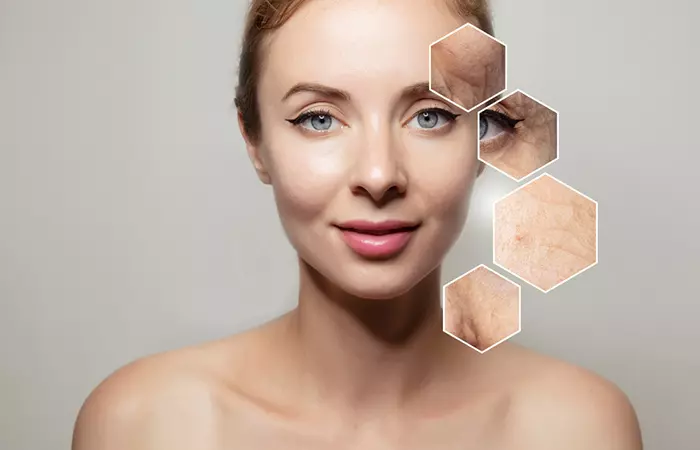
There are reportedly various ways in which liquid collagen benefits your skin. However, it is not backed by extensive research. But a study suggests that oral supplementation of hydrolyzed collagen has the following benefits (1):
- Improves skin hydration and maintains moisture.
- Reduces aging signs.
- Improves dermal thickness and skin elasticity.
- Improves skin texture.
- Rejuvenates skin cells.
- Maintains bone and joint health.
Collagen also helps improve the health of teeth and nails. According to a study, daily intake of collagen supplements may increase nail growth and decrease nail breakage (3).
Collagen may also improve bone mineral density and positively affect osteoporosisi A bone disorder that arises when bone composition or structure alters or bone mass and bone mineral density decline. and osteoarthritisi A form of arthritis that develops as the pliable tissue at the ends of bones ages and wears down. (4).
In another study, daily consumption of collagen peptides was found to increase hair cell growth and thickness. However, these tests did not involve products found in regular stores (5).
Kersten Kimura, a blogger, shared her experience with collagen supplements and how she has immensely benefited from them. She states in her blog post, “One of the supplements that I’ve been using for a while, is collagen peptides. I’ve been adding it to my hot drink in the morning or mixing it with some yogurt (i).” She further praises the supplement and shares, “However, for me the most noticeable change from the very beginning was much better digestion.”
So, do collagen supplements really work? Research on collagen supplements demonstrates positive effects on skin, nails, bone, and hair. But there is a need for more research on the benefits of liquid collagen.
Since there are no specific studies on the safety and effectiveness of liquid collagen, you must be cautious while using its products.
Side Effects And Risks Of Using Liquid Collagen

Collagen supplements can cause allergies. Avoid marine collagen if you are allergic to marine products. It may otherwise cause anaphylaxisi A potentially fatal allergic reaction that develops immediately after allergen exposure and causes breathing issues or shock. (6). Always read the ingredient labels to know the source of your collagen supplement.
You must ensure a healthy lifestyle along with collagen supplements. Activities like smoking, sunbathing, and excess sugar and alcohol consumption can damage the collagen in your body. Caffeine reduces collagen synthesis on your skin (7). Hence, mixing liquid collagen with coffee may not be a good way to have it.
Apart from the side effects, there are a few risk factors associated with liquid collagen.
Manufacturers do not have to prove the efficacy of collagen supplements as the US Food and Drug Administration regulates dietary supplements as food products (6). This may lead to many other issues where companies may sell collagen supplements from unsafe sources, mix prescription drugs into beauty supplements for better results, or list the ingredients inaccurately. In addition, liquid collagen supplements may also contain vitamins, minerals, or herbs that may cause toxicity at high doses.
Purchase liquid collagen supplements that have undergone third-party testing to ensure safety and efficacy. Your doctor may also be able to direct you regarding the ingredients and their side effects.
It is important to take liquid collagen in moderation. Check out the section below to know more about its recommended dosage.
How Much Liquid Collagen Should You Take A Day?
The appropriate dosage of liquid collagen may vary based on individual needs, health goals, and the specific product being used. Generally, manufacturers recommend a daily serving size of around 1-2 tablespoons or about 15-30 ml per day. It is crucial to follow the dosage instructions provided on the product label.
Additionally, you can consult a healthcare provider and a registered dietitian before starting any new supplement, including liquid collagen. They can provide personalized recommendations based on your health condition, ensuring you take the safe and right dosage that aids your overall well-being. Remember that everyone’s body is unique, so what works for one person may not work for another. If you are allergic to marine products, marine collagen may cause an allergic reaction. Plus, uou must avoid mixing collagen with caffeine. In case of an emergency, stop its usage and consult a doctor immediately.
Liquid collagen is a supplement that contains collagen proteins suspended in purified water. Collagen water is available as pre-made drinks or smoothies, and its supplements are available as powder, pills, and peptides. The supplementation of liquid collagen benefits your skin and overall health in many ways. It may improve skin hydration, reduce signs of aging, enhance skin elasticity, maintain bone health and nail health, and improve skin texture. In addition to this, incorporating collagen-rich foods into your diet can further enhance your skin suppleness by boosting collagen synthesis in the body. When it comes to liquid collagen, it is important to maintain a balanced perspective. Think of it as a supportive tool rather than a standalone solution.
Frequently Asked Questions
How long does liquid collagen take to work?
You may see noticeable results from using liquid collagen daily for 2 to 3 months.
What happens when you stop taking collagen?
There will not be any side effects when you stop taking collagen. But you may no longer enjoy its benefits once you stop taking it.
What is the best time to drink collagen?
There is no best time for taking collagen. You can drink it anytime.
Explore the safety of drinking liquid collagen in this eye-opening video. Click on it to get an expert opinion on its potential benefits and risks before including it in your routine.
Personal Experience: Source
StyleCraze's articles are interwoven with authentic personal narratives that provide depth and resonance to our content. Below are the sources of the personal accounts referenced in this article.
i. My Experience with Taking Collagen Peptideshttps://kerstenkimura.com/blog/collagen-experience/
References
Articles on StyleCraze are backed by verified information from peer-reviewed and academic research papers, reputed organizations, research institutions, and medical associations to ensure accuracy and relevance. Read our editorial policy to learn more.
- Hydrolyzed Collagen—Sources and Applications
https://www.ncbi.nlm.nih.gov/labs/pmc/articles/PMC6891674/ - Beneficial effects of food supplements based on hydrolyzed collagen for skin care (Review)
https://www.ncbi.nlm.nih.gov/labs/pmc/articles/PMC7271718/ - Oral supplementation with specific bioactive collagen peptides improves nail growth and reduces symptoms of brittle nails
https://onlinelibrary.wiley.com/doi/10.1111/jocd.12393 - Collagen supplementation as a complementary therapy for the prevention and treatment of osteoporosis and osteoarthritis: a systematic review
https://www.scielo.br/j/rbgg/a/fk95TfhxB7mPsmqYRDdHH8K/?lang=en - The oral intake of specific Bioactive Collagen Peptides has a positive effect on hair thickness
https://www.nutrafoods.eu/index.php/nutra/article/view/9 - Risks of Skin Hair and Nail Supplements
https://www.ncbi.nlm.nih.gov/labs/pmc/articles/PMC7588165/ - Influence of caffeine and hyaluronic acid on collagen biosynthesis in human skin fibroblasts
https://www.ncbi.nlm.nih.gov/labs/pmc/articles/PMC4206198/
Read full bio of Reda Elmardi
Read full bio of Swathi E
Read full bio of Anjali Sayee
Read full bio of Swathi E





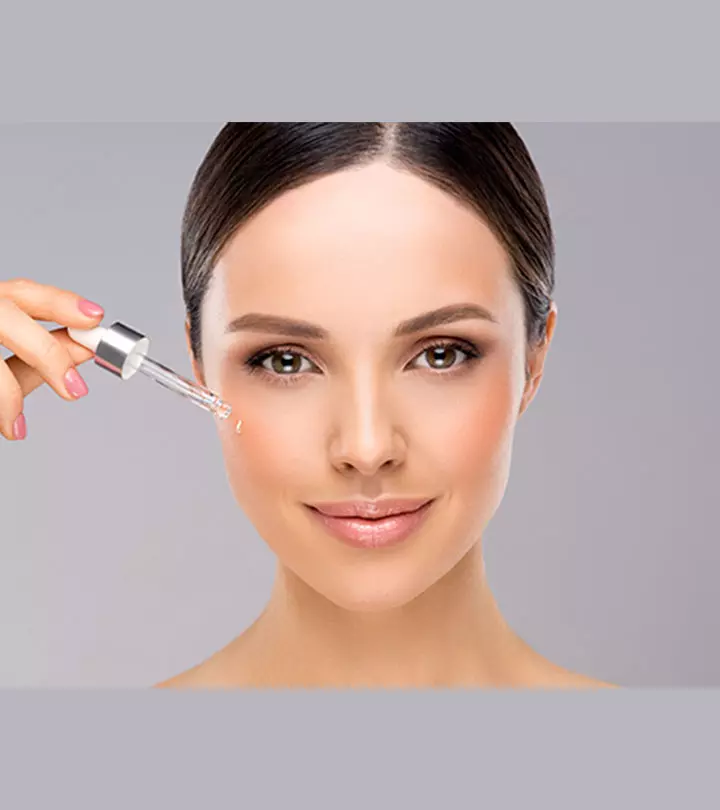



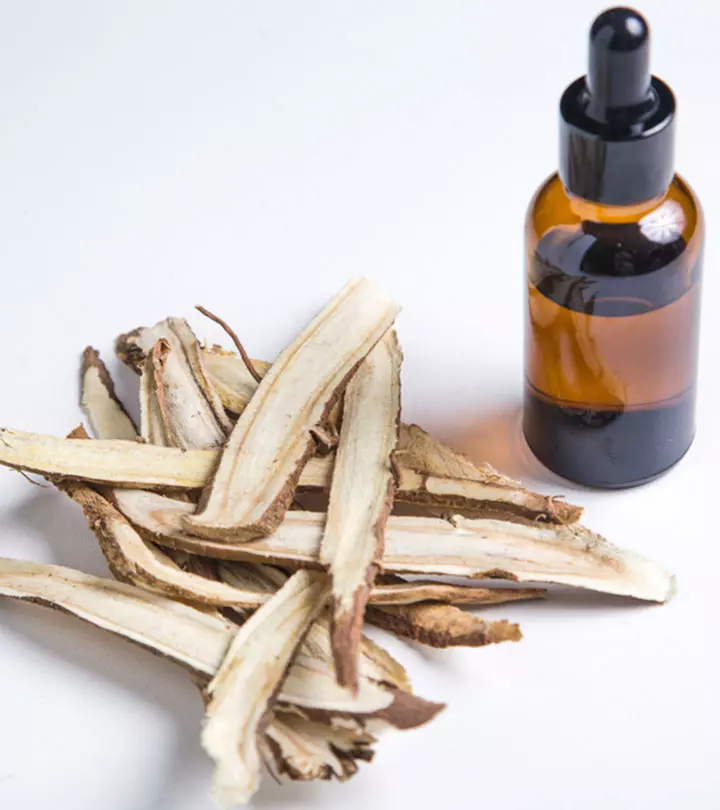

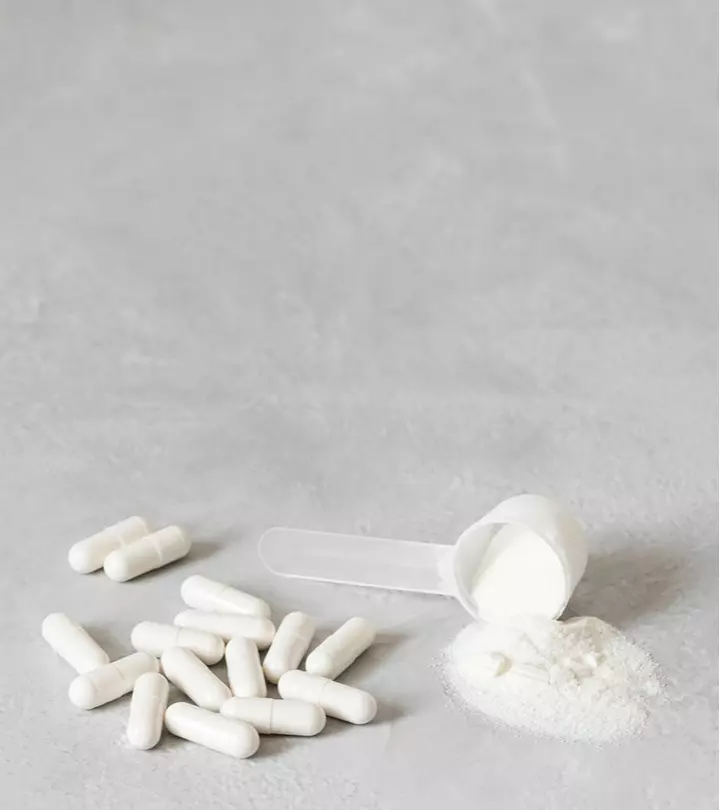





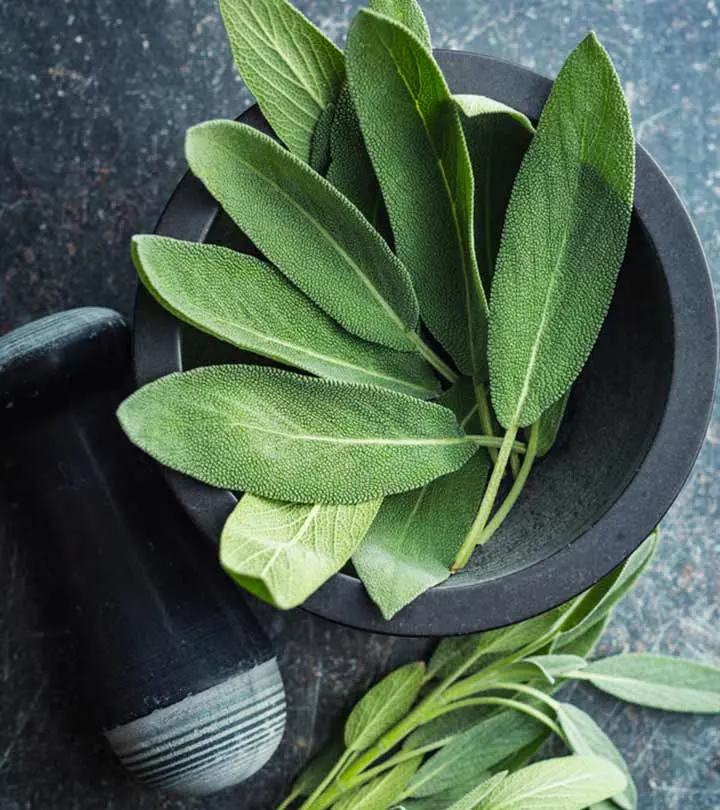








Community Experiences
Join the conversation and become a part of our empowering community! Share your stories, experiences, and insights to connect with other beauty, lifestyle, and health enthusiasts.